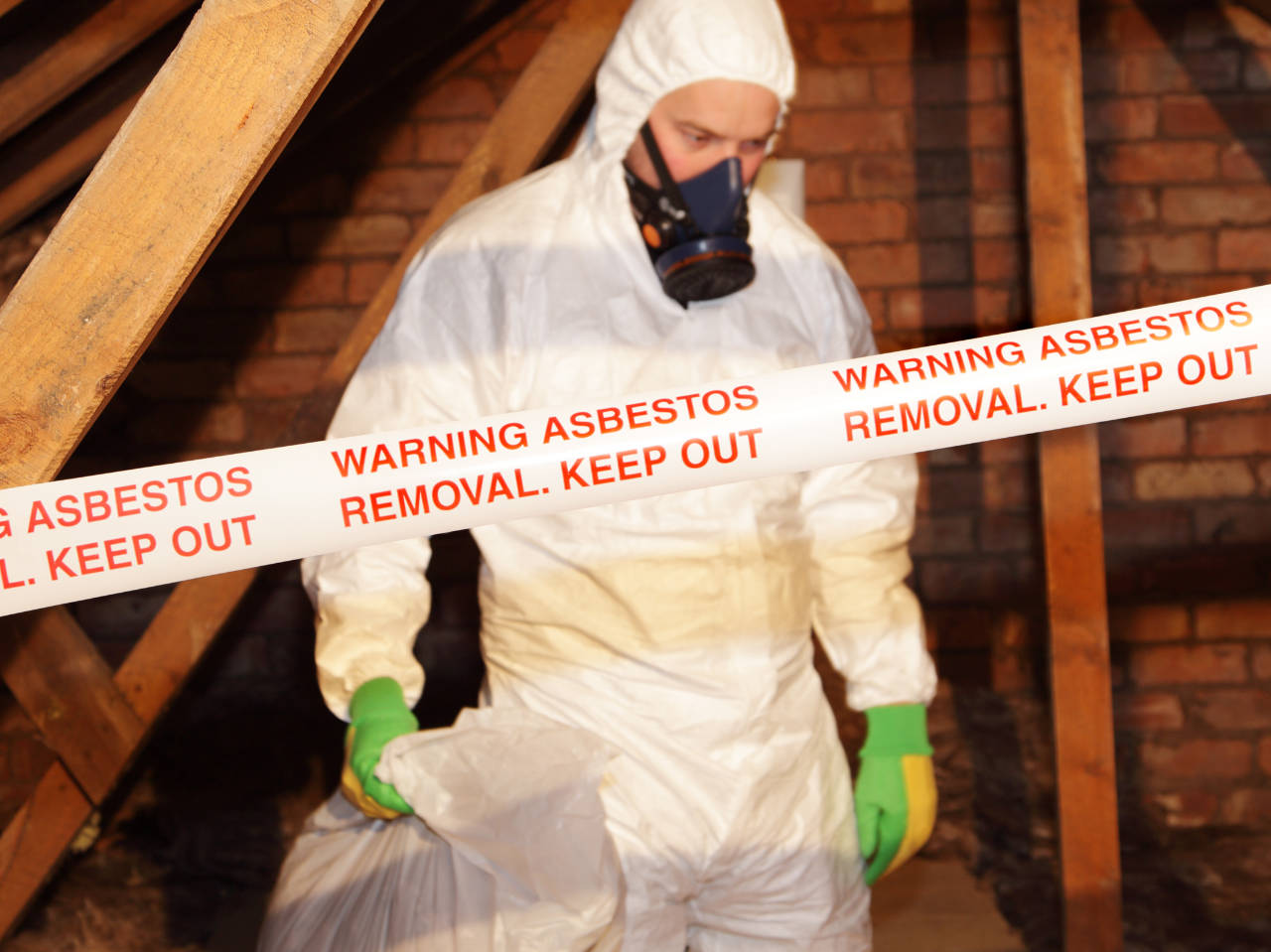
According to research published in the BMJ, workers exposed to asbestos while on the job are significantly more at risk of heart disease or suffering from a stroke than the general population, with women more likely to be affected by men. It is already a well-documented phenomenon that asbestos workers have an increased risk of suffering from serious lung diseases, such as mesothelioma and asbestosis, directly resulting from their exposure to asbestos fibres.
In the study, scientists analysed the cause of death among nearly 100,000 asbestos workers taking part in regular voluntary health monitoring and answering questions on levels of exposure for the Asbestos Workers Survey. Most of the men taking part in the survey worked in asbestos removal whilst most of the women worked in manufacturing.
What were the results of the asbestos-related heart disease study?
At the time of the study into asbestos and heart disease, over half of the men who took part (58%) and the women (52%) were smokers at the time of their first medical examination. By the end of the study, these numbers had decreased to 55% and 49%, respectively.
Comparing the number of deaths from stroke and heart attacks among these workers between 1971 and 2005 against the number that would be expected to occur in the general population using standardised mortality ratios, the research team concurred that during the study period, stroke accounted for just over 1,000 deaths and heart disease accounting for another 4,000.
Based on the standardised mortality ratios, their results showed that asbestos workers were significantly more likely to die of cardiovascular disease than the general population, even after taking account of smoking. There was some evidence that the longer the duration of exposure to asbestos, the greater was the likelihood of dying from heart disease, even after taking account of smoking.
All employees who are may be at risk of asbestos exposure must undergo asbestos awareness training. Our Asbestos Awareness training course helps ensure employees can work safely when around asbestos-containing materials, identify risks and know how to avoid problems by reporting hazards.
How does asbestos affect the body?
Besides increasing the risk of strokes and heart attacks, asbestos damages the lungs. Once asbestos fibres are inhaled, any diseases the exposure causes will not immediately show – asbestos-related diseases develop over time. However, it can often be too late for treatment or a cure once they are diagnosed. According to the Health and Safety Executive (HSE), asbestos kills around 5,000 workers a year in the UK.
Other diseases caused by exposure to asbestos fibres include:
- Mesothelioma (cancer that affects the lining of the lungs).
- Asbestosis (heavy scarring caused by years of exposure).
- Pleural thickening (where the lining of the lung swells).
What can I do to protect employees from asbestos?
Employers have a legal duty to protect employees from harm and must ensure that those who may be exposed to asbestos containing materials during their work duties, or who are supervising employees that are, have the correct information and training. They need this to work safely and competently, and not unnecessarily put themselves or others at risk.
There are multiple steps employers can take to protect their employees from asbestos risks.
Detailed asbestos risk assessments
Being aware of the threat asbestos poses to your employees and the links between asbestos and heart disease is the first step in developing a risk assessment. In order to fully understand the extent of the risk of asbestos exposure, a detailed risk assessment should be conducted with a expert in asbestos assessments. Consult too with employees who are at risk of coming to contact with asbestos-containing materials.
Provide asbestos awareness training
Asbestos awareness training empowers employees to avoid activities that may put them at risk of disturbing asbestos containing materials. Separate training is required for handling asbestos-containing materials and work on asbestos removal should only be carried out by specialists.
Training should be conducted by specialist consultants or training organisations. Online learning is a popular option due to its flexible, self-driven format. Asbestos awareness training should be reviewed every year, with refresher courses available to reinforce knowledge.
Where can I find out more about asbestos awareness training?
At Praxis42, our UKATA Asbestos Awareness course covers topics such as the health risks asbestos poses, compliance with Control of Asbestos Regulations 2012, and identifying and reporting ACMs. Developed by specialist health and safety consultants, our training course is approved by the UK Asbestos Training Association (UKATA).
Contact us today to learn more about asbestos awareness and how to protect your employees.

Adam Clarke
Managing Director (Consulting)
